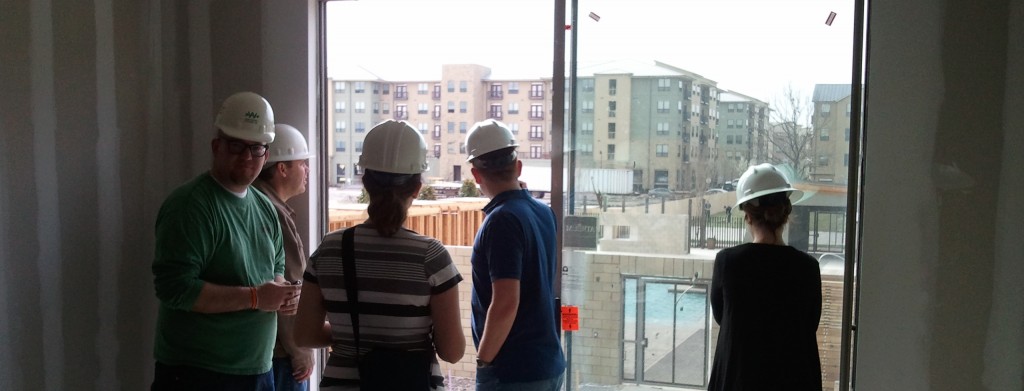Mentoring
Design Intelligence posted an interesting article last week concerning mentoring, and its evolution within the ever-changing nature of our profession. The author, Mr. Stewart (an associate principal with Perkins+Will) makes a thoughtful analysis of the evolution of the practice of mentoring in architecture and how technology has put distance between the different levels of experience within the firm, inhibiting the mentoring process. As a result, Mr. Stewart argues what is “desperately needed is the recommitment of every leader throughout the profession to re-instill the culture of mentorship that is fundamental to the profession.” He goes on to say that “You can initiate creation of an internal mentoring program to augment your professional development program.”
I am a huge proponent of mentorship and while I wholeheartedly embrace his former statement, I am less warm on his latter. I don’t think most people respond well to a formalized mentorship program. Our firm, when I started working here a decade ago, had just instituted such a program, and within two years its was recognized nationally by the AIA. While some good education and relationships did come of it, the program was just too rigid, too planned to really be embraced at the grass roots.
Pupils tend to seek out teachers, and if this is encouraged within the firm, informally, a true “culture of mentorship” can pervade, but not within a rigid and defined policy. I think the key is for those with experience, to not only recognize that they have something to lend, but to be very proactive about offering that experience.
As most architects who pursue licensure are aware, the absolute hardest credits to acquire are on site construction hours. It’s a catch-22 because the professionals who go to the construction visits are typically some of the most experienced in the firm, and with the economy being what it is, it has been increasingly difficult to justify paying a staff member to tag along simply as an educational experience.
Recognizing this, managers at our firm like to organize weekend trips to local projects for the younger or newer staff so they can get these hours and hopefully garnish a much grater understanding of how what they are drawing translates to the field. Just yesterday (see image above) I lead one such trip to two of our projects. For the meager price of a couple of hours spent on a Sunday morning, we can impart more hands on knowledge than dozens of hand drawn details and a photographs can communicate.
Frankly I didn’t organize this trip for any other reason that to help them in their professional growth. Why? Because someone did that for me when I was their age, just as another did it for them. As professionals, we have a obligation to teach what we know and help other professionals grow.
I respect the points that Mr. Stewart made in his article, and he’s right about the degradation of mentorship within the firm. However, instead of spending time formalizing the process, I offer that it is incumbent on each of use to mentor those to whom we have something to offer, and encourage them to, in turn, mentor others in what they know.



